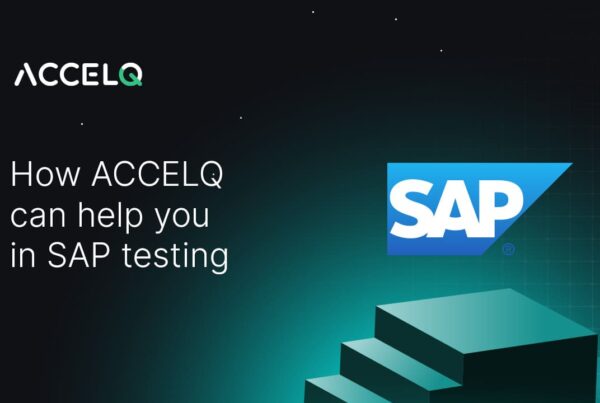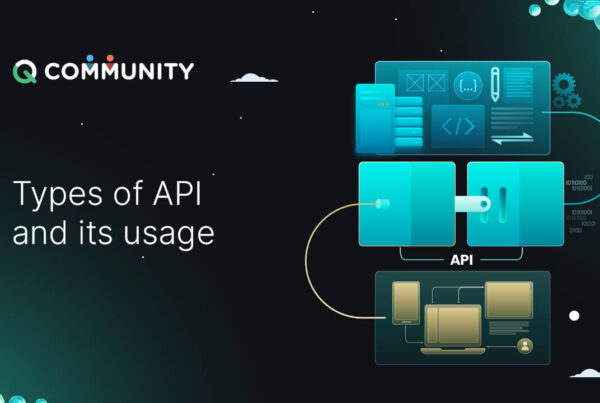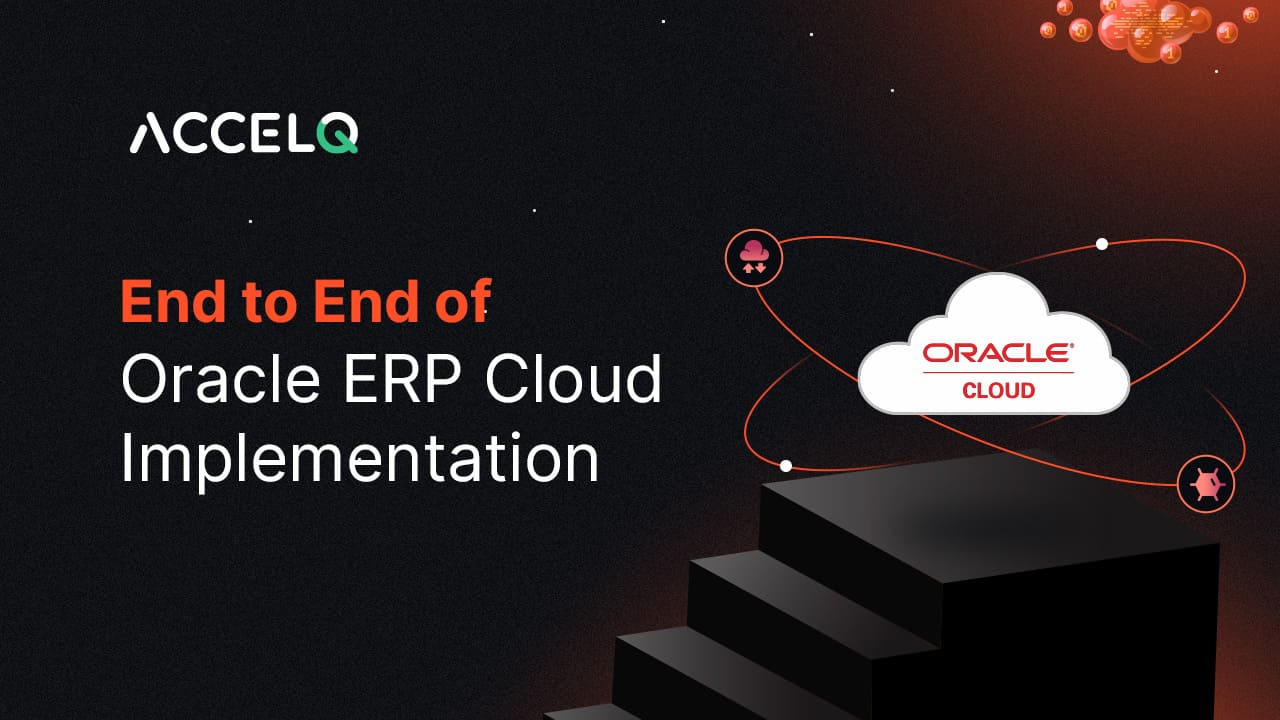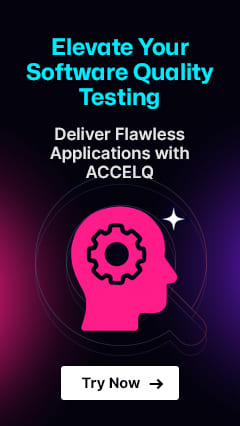Oracle Cloud ERP Implementation with Automation Testing Strategy

Businesses trying to simplify processes and boost operational efficiency depend on using Oracle Cloud ERP. Still, there are many challenges on the way to effective application. Among the most crucial factors affecting Oracle Cloud ERP implementation's success is the automation testing strategy. This blog emphasizes the need for automation testing to overcome the challenges and investigates the problems that develop during Oracle Cloud ERP implementation.
Challenges of Oracle ERP Cloud Implementation
While the Oracle ERP Cloud offers highly advanced capabilities, just like any ERP implementation, it comes with a set of challenges. Some of the challenges of Oracle implementation are:
Cost-Related Issues
The licensing and implementation costs of Oracle ERP Cloud are high, especially for small and medium businesses. Businesses with tight budgets might find it hard to accommodate these costs, especially if they factor in the costs that can accumulate over time, such as those associated with system maintenance and upgrades.
Customization Issues
Oracle ERP Cloud offers immense flexibility. However, it might not offer the extremely high level of customization that some businesses might need. Unique processes or requirements not part of standard ERP implementations can be hard to accommodate for Oracle ERP Cloud. Testing all customizations and configurations is essential to ensure they work correctly and not negatively impact software performance.
Steep Learning Curve and Resistance to Change
Implementing Oracle ERP is a sophisticated and comprehensive task, often presenting a steep learning curve. This challenge can be intensified if employees are resistant to change.
Regulatory Environment Considerations
As with any ERP implementation, it becomes critical to account for the regulatory requirements at a country and local level. Constantly shifting regulations can be hard to navigate, especially if they are implemented during the implementation go-live period. The implementors need to correct and address all the regulatory changes before proceeding.
System Maintenance
Enterprises considering Oracle ERP must ensure the system is managed and maintained for performance. Ensuring that the software is updated with the latest releases and patches is essential.
Enterprises must also navigate challenges like system monitoring to identify issues and bottlenecks. Furthermore, they need to create processes to handle user support requests. These tasks can be challenging for some enterprises as they can be time-consuming and might demand the expertise of external service providers.
The quality of the service provider, however, makes a big difference in managing the difficulty or ease with which these tasks are conducted.
Why is Automation Testing Crucial for Oracle Cloud ERP Implementation?
Automation testing is necessary for Oracle Cloud ERP implementation in order to ensure speed, accuracy, and efficiency. It reduces human error and increases accuracy and consistency through comprehensive test coverage and early bug detection. Repetitive test automation shortens development timelines and improves ROI while saving costs. It enables continuous integration and delivery (CI/CD) to add new features and upgrades. In result, enhancing scalability for complex situations and large data sets while maintaining system stability.
- Ensures all features are fully tested, therefore lowering the likelihood of important problems following implementation.
- Eliminates human mistakes, guaranteeing consistent and accurate test results.
- Quicker feedback and faster development cycles made possible by the acceleration of the testing process help to enable
- Scalability guarantees the ERP system can manage real-world usage by allowing the testing of intricate scenarios and big data sets.
Step-by-Step Guide to Automation Testing for Oracle Cloud ERP
Implementing automation testing for Oracle Cloud ERP requires a structured and well-planned approach. Here is a detailed step-by-step guide to help you navigate through the process:
Step 1: Develop and Implement Test Cases
Oracle Cloud ERP automation testing begins with comprehensive test cases. Determine which ERP system parts and functionalities need testing and write modular, reusable, and easy-to-maintain test scripts. Use data-driven or keyword-driven testing to improve test script efficiency and coverage.
Use scripting languages and best practices like parameterization, modularization, and exception handling to make scripts dependable and versatile. Create high-quality test scripts to enable extensive test coverage, early issue identification, and quick test execution, resulting in faster feedback and shorter development cycles.
Step 2: Set Up Test Environments
Accurate testing requires a stable and realistic test environment. Configurations, integrations, and data should closely match production. Virtualization and containerization can create isolated, scalable test environments for repeatable testing.
Step 3: Execute Test Cases
Execute the test cases in the prepared settings to verify Oracle Cloud ERP functionality and performance. Check the test execution procedure and fix any flaws immediately. Implement continuous integration and continuous delivery (CI/CD) pipelines to automate test script execution, enabling frequent and automated testing and rapid development team input.
Step 4: Analyze Test Results and Report Defects
After running the test cases:
- Check the results for bugs.
- Prioritize them by severity and system impact.
- Contact the development team to fix these issues.
- Log and monitor problems with test management tools integrated with your issue tracking system to streamline defect management.
Step 5: Perform Regression Testing
Performing regression testing ensures that new features and fixed bugs do not negatively impact existing functionalities. Update test scripts and cases to reflect changes. Use your automation framework to swiftly run regression tests and verify that your test suite covers all important capabilities affected by the changes.
Step 6: Continuous Improvement and Maintenance
Automation testing is an ongoing task. Review and improve test scripts, frameworks, and methods to improve efficiency and effectiveness. Update test scripts with Oracle Cloud ERP system modifications and improvements. Use version control to track test scripts and configuration changes. Review test metrics and feedback often to enhance and optimize testing.
Conclusion
The role of robust, no-code, intelligent test automation platforms cannot be underestimated in Oracle ERP Cloud implementation. Enterprises need the power of AI to ensure real-time release and update alignment and enable multi-cloud integrated end-to-end automation across all enterprise apps and technology stacks.
Reusable assets that relate to the Oracle application flow, no-code handling of Oracle objects like embedded iFrames, trees, etc., codeless approach to validation logic for dynamic objects, and self-healing all these capabilities contribute immensely to accelerating testing velocity and driving foolproof implementations.
Connect with us to see how ACCELQ's AI-powered, no-code test automation approach can help with Oracle ERP Cloud implementation!
Nishan Joseph
VP Sales Engineering
Nishan is a tech strategist with expertise in Test Automation and roles at giants like TCS, Microfocus, and Parasoft. At ACCELQ, he champions Strategic Alliances, cultivating global tech partnerships. Educated at Leeds University and Symbiosis Pune, he also possesses an engineering background from Bangalore.
Discover More
 How ACCELQ Can Enhance Your SAP Testing Process?
How ACCELQ Can Enhance Your SAP Testing Process?
How ACCELQ Can Enhance Your SAP Testing Process?
 Types of API protocols- REST, SOAP, graphQL, gRPC
Types of API protocols- REST, SOAP, graphQL, gRPC

































